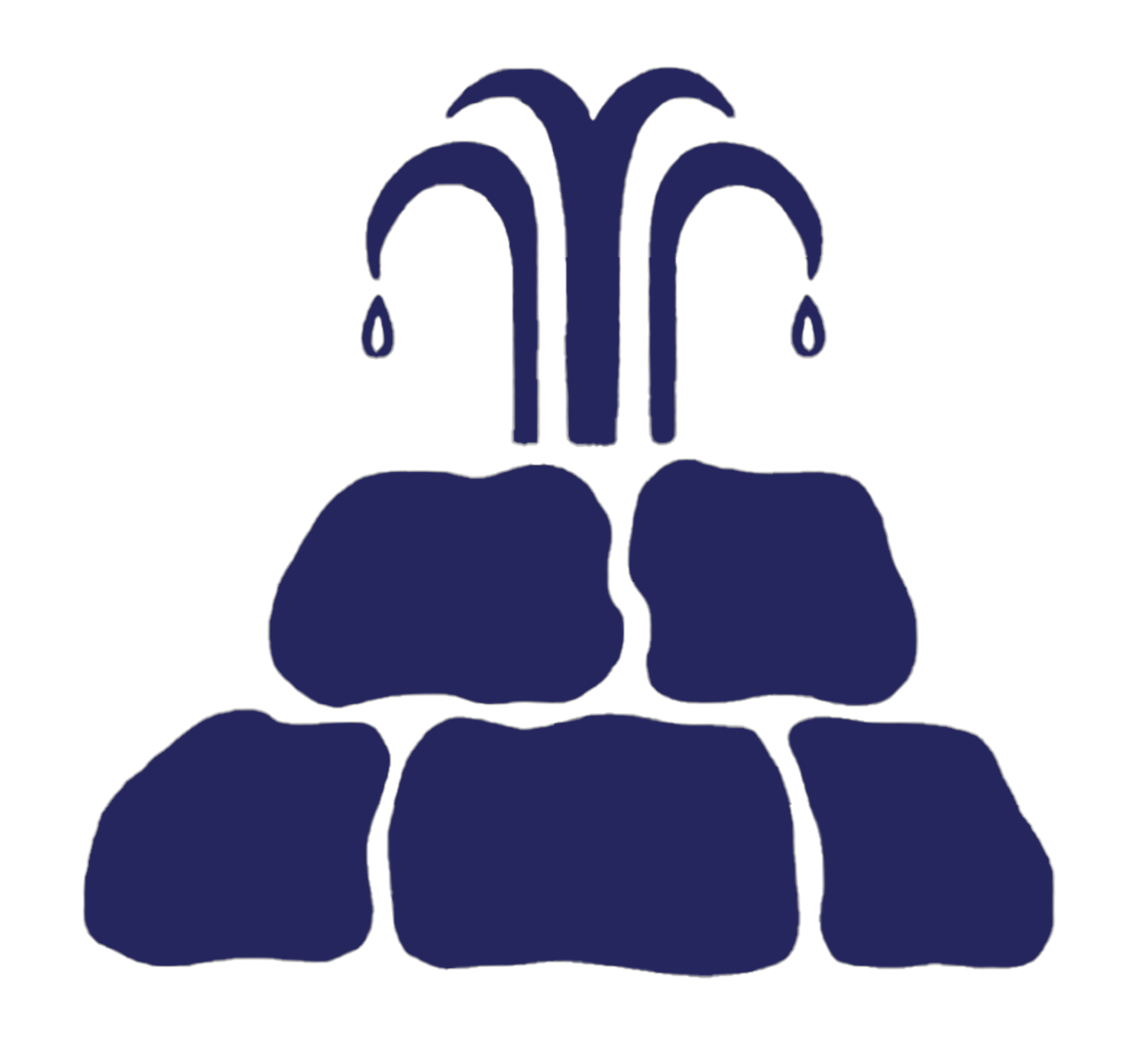Asthma
Asthma is a difficult disease to live with. Un-controlled, it can literally take your life.
Pharmaceutical companies profit from our decisions NOT to deal with the underlying causes of many diseases. Asthma operates on what doctors and psychologists call “triggers.” When a trigger is activated, the brain sends a message that causes the airways to swell. Swelling can increase to the point that the person loses consciousness from lack of oxygen.
As reported on asthma.com, asthma symptoms can be reduced by identifying and avoiding these triggers. From a medical standpoint this can be a daunting task. Think how difficult it is to avoid this list of common triggers:
Common Asthma Triggers
Pollen
Dust Mites
Mold
Strong Odors
Dust
Smoking
Asthma Medication Risks
Pets and Fur
Stress
Growth Suppression
Drug Dependance
Corticosteroid Accumulation in Tissues
The first step in winning over asthma is to understand the basics of how it works.
A foundational question is this: Why does my body react to my environment the way it does?
The onset of childhood asthma sometimes accompanies a cold or respiratory infection. A depressed immune system makes anyone, especially children and the elderly, more vulnerable to disease.
In children, the emotions and feelings of abandonment from an absent or divorced parent may combine with environmental factors such as a depressed immune system and result in asthma.
Emotions are deeply tied to the hormonal system. The human mind influences the brain functions which control the chemical regulators necessary for life. When we experience negative thoughts and emotions, different neurotransmitters travel to the organs of our body that when we experience happy or peaceful thoughts.
Negative neurotransmitters further depress the immune system and can combine with other factors to create allergic reactions.
Dealing directly with the source of negative thoughts can dramatically change how your body reacts!
For more on Asthma, obtain your own copy of “In His Own Image” by Dr. Art Mathias. Dr. Mathias is not a medical doctor. But, as Dr. Adrienne Buffaloe, MD says in the forward, this material can give hope to the patient who is in search of healing.
For more information, call us, we care! You can also use our Contact Form on this website.

